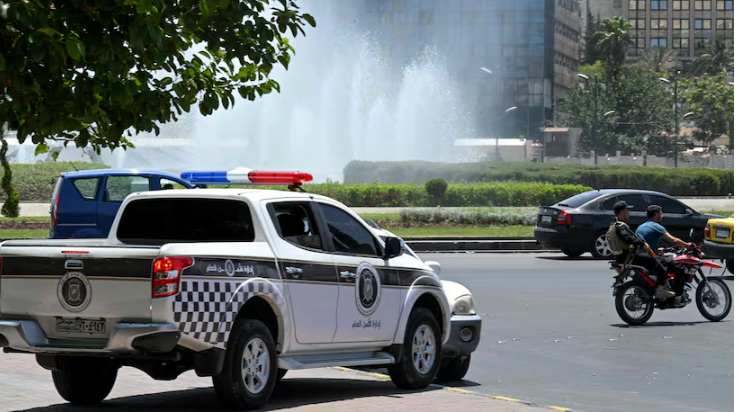According to reports from Syrian state media and regional observers, Israeli jets fired a series of precision-guided missiles at key military sites in and around the Syrian capital, Damascus, in the early hours of Tuesday morning. The Syrian Defense Ministry confirmed that its air defense systems intercepted several missiles, but acknowledged that some targets were hit.
The strikes reportedly targeted facilities linked to Iran-backed militias and weapons depots used by Hezbollah and other groups aligned with Tehran. This aligns with Israel’s long-standing strategy of preventing Iranian military entrenchment in Syria, which it considers a direct threat to its national security.
Though Israel rarely confirms its operations inside Syria, defense officials have repeatedly warned that they will not allow Iranian forces to gain a foothold near its borders.
Syrian Offensive Escalates in Sweida
Meanwhile, the Syrian army has intensified its military campaign in the southern province of Sweida — an area known for its relative autonomy and large Druze population. This marks a rare escalation in a region that has largely remained on the sidelines of the country’s broader civil war.
Local activists and media reports say that heavy shelling and airstrikes have targeted rebel positions and civilian infrastructure alike. The offensive is part of President Bashar al-Assad’s broader push to reclaim areas still outside his full control and to quell rising dissent in the south, where communities have grown increasingly vocal about economic hardship and political repression.
Growing Regional Unrest
The Israeli strikes come at a time of heightened regional instability, as the Gaza war and tensions on the Lebanese border continue to dominate headlines. Analysts fear that continued Israeli military activity inside Syria — coupled with Syria’s internal crackdowns — could open new fronts in the region’s interconnected web of conflicts.
There is also concern that Iran or its proxies might retaliate, leading to further military escalations that could drag Lebanon and Iraq into the fray. Israel Strikes Damascus.
Global Response and Humanitarian Concerns
The international community has expressed alarm over the rising violence, especially in Sweida, where many civilians are caught in the crossfire. Human rights groups are calling for an immediate ceasefire and renewed diplomatic efforts to de-escalate tensions.
As both Israel and Syria pursue their respective military objectives, the people on the ground — from Damascus to Sweida — continue to bear the brunt of the violence. With little sign of resolution, the situation remains highly volatile, threatening not only Syria’s fragile stability but the broader Middle Eastern balance.



